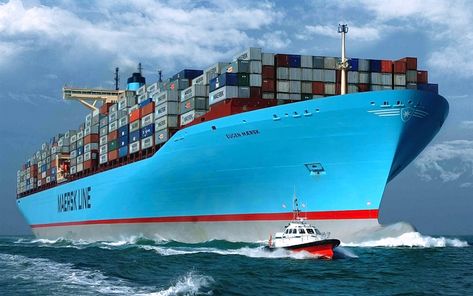
Indonesia is the world’s leading source of coconut charcoal briquettes, which are widely used for cooking and hookah. These briquettes are made from coconut shells and have become popular due to their eco-friendly nature. Indonesian manufacturers have mastered the art of producing high-quality charcoal briquettes, ensuring they burn efficiently and cleanly. This success has not only boosted the country’s economy but also contributed positively to the global demand for sustainable alternatives. So, when it comes to coconut charcoal briquettes, Indonesia is the go-to destination for top-notch quality and quantity.
Coconut charcoal briquettes from Indonesia is the most favorite worldwide importers because it has its climate privilege, so the specifications are more dominant than any other country. You can see why coconut charcoal briquettes from Indonesia is the world’s favorite here.
Coconut charcoal briquettes also is the safest charcoal types in the market. Why? Because coconut briquettes are hardly to lighten up compared to other charcoal including quick-lighting charcoal that also contain chemicals.
But unfortunately, coconut charcoal briquettes get a misconception in the world of shipment. Many coconuts briquettes suppliers outside of Indonesia, they add chemicals to the coconut briquettes so it can be easier to light it up. With chemicals, it also contains a toxic gas and it can be dangerous for the shipment.
Because of that reason, the law of international trade is more strict. Because there are also many accidents in the past that makes charcoal briquettes looks dangerous, there are a few cargoships who got caught on fire because of flammable liquids, and charcoal is one of the factors that support to make the fire more bigger.
So, coconut briquette importers and exporters must adjust to these regulations, coconut briquettes is considered as one of the dangerous goods material and it has a several challenges such as a higher cost, need more certifications, more protection, and the most frustrating is “not all of charcoal briquette product is accepted by the shipping line”.
Selecting the right shipping line for transporting charcoal briquettes is crucial for a successful and cost-effective supply chain. Factors to consider include the shipping company’s experience in handling charcoal briquettes, their reputation for on-time delivery, and their understanding of the specific requirements for this type of cargo, such as proper packaging and handling to prevent damage.
And why it’s crucial? Because in the shipment for coconut charcoal briquettes, there are only two shipping lines who accepting briquettes, it is MSC and MAERSK.
Both of these shipping line also do not always accepting the charcoal briquette container, they sometimes need strict requirements and also need trust from the manufacturer. They mainly trust charcoal manufacture who always exporting charcoal briquettes routinely.
MSC
Maerks Line
Mediterranean Shipping Company (MSC) and Maersk are key players in the global the shipping industry, and they play a crucial role in transporting coconut briquettes to markets around the world. MSC, headquartered in Switzerland, boasts an extensive container fleet and a robust network of trade routes. This makes it an excellent choice for businesses looking to export coconut briquettes efficiently and reliably. MSC’s commitment to sustainability aligns with the eco-friendly nature of coconut briquettes, making it a fitting partner for environmentally conscious shipping.
On the other hand, Maersk, a Danish conglomerate, operates a comprehensive container shipping division known for its global reach. Maersk Line, a subsidiary, offers a wide array of shipping services, including the transport of cargo like coconut briquettes. With its vast experience and presence in numerous
ports worldwide, Maersk provides businesses with dependable solutions for getting coconut briquettes to their destinations promptly. Maersk also focuses on sustainability and digital innovation, which aligns with the evolving demands of the shipping industry and the eco-conscious preferences of customers.
Both MSC and Maersk are well-equipped to handle the transportation of coconut briquettes, thanks to their extensive networks, advanced logistics capabilities, and commitment to sustainability. The choice between these shipping giants often depends on specific routes, scheduling requirements, and other individual business needs, but either option ensures reliable and efficient delivery of coconut briquettes to markets across the globe.
Hope this article helps.